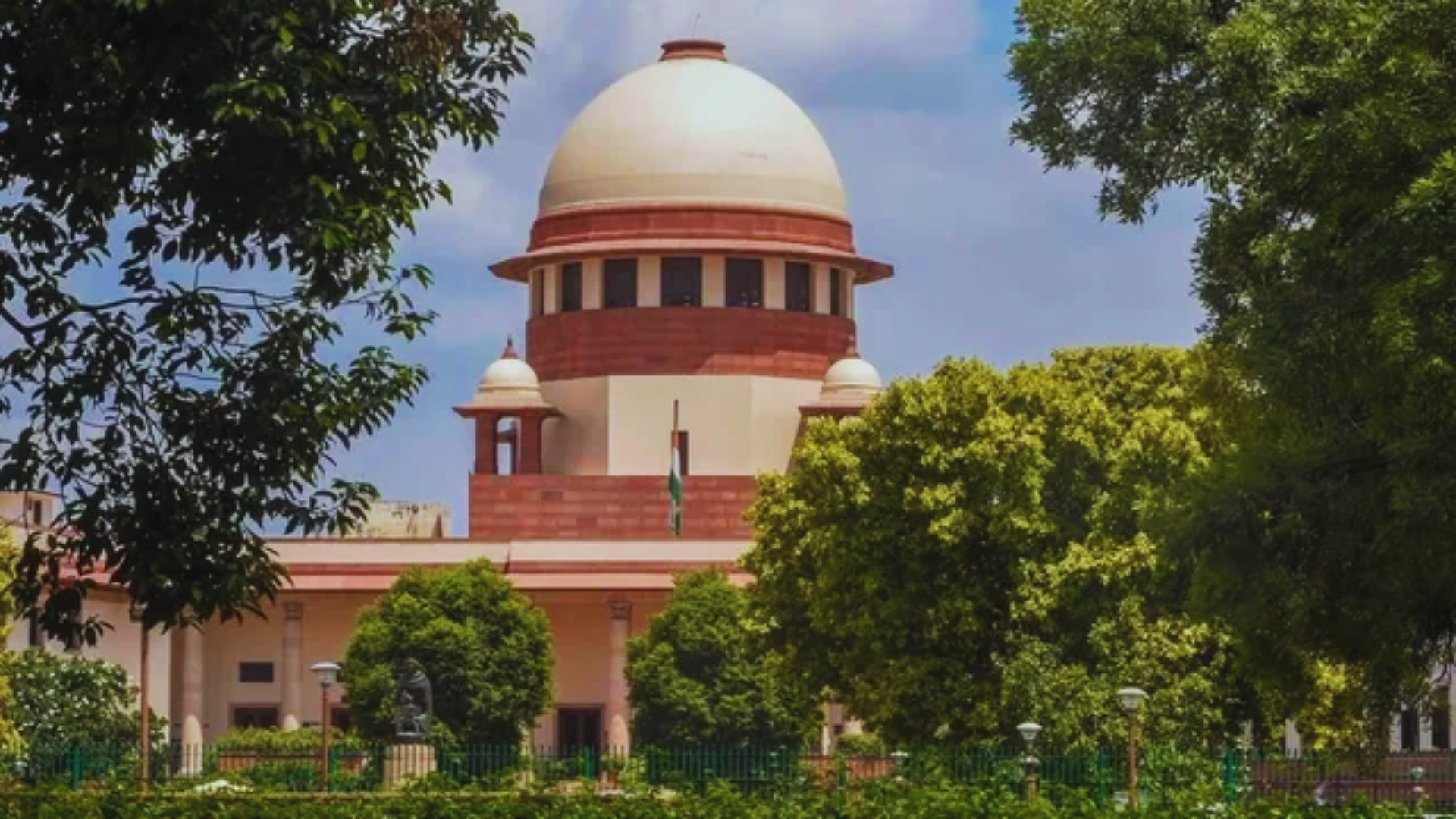Over 25,000 teachers and non-teaching staff in West Bengal who were recruited in 2019 received a significant reprieve as the Supreme Court intervened on Tuesday to halt a Calcutta High Court ruling that invalidated their appointments. However, the apex court also issued a stern warning that individuals hired through illegitimate means would be required to reimburse the state for their salaries.
In a lengthy session, the bench, comprising Chief Justice D Y Chandrachud and Justices J B Pardiwala and Manoj Misra, deliberated on the matter. They expressed willingness to explore mechanisms to distinguish between tainted candidates and those who secured their positions through honest means, with the aim of safeguarding the jobs of the latter group.
The Supreme Court’s decision also granted permission for the Central Bureau of Investigation (CBI) to continue its investigation into the alleged scam surrounding school job appointments in West Bengal. However, the CBI was instructed not to arrest or take coercive action against the individuals under scrutiny. The final hearing on the matter is scheduled for July 16.
Furthermore, the Supreme Court upheld its interim order from April 29, which prohibited the CBI from questioning ministers or state government employees implicated in the creation of supernumerary posts to accommodate waitlisted candidates.
The bench emphasized that its examination would primarily focus on the appointment of individuals who were not included in the list of selected candidates, those appointed after the expiration of the selection panel’s validity, and those who secured their positions through manipulation of answer sheets.
READ MORE : Acharya Pramod Krishnam: ‘Congress Government Would’ve Never Allowed Ram Mandir’ | NewsX Exclusive
Addressing concerns regarding the validity of evidence, particularly a certificate issued under Section 65(b) of the Evidence Act, the bench raised questions about the legitimacy of the data upon which the High Court judgment was based.
Moreover, the Supreme Court pondered the feasibility of segregating tainted appointments from legitimate ones, recognizing the potential unfairness of nullifying the entire selection process, which encompassed approximately 25,000 appointments.
During the proceedings, senior advocate Dushyant Dave sought scrutiny of the conduct of Justice Avijit Gangopadhyay. However, the bench declined to engage in such scrutiny, emphasizing that allegations against a judge would not advance the proceedings. Justice Gangopadhyay has since resigned from his position as a judge, joined the Bharatiya Janata Party (BJP), and is now contesting elections from Tamluk.
The Supreme Court’s intervention provides temporary relief to thousands of teachers and staff in West Bengal, offering hope for a fair resolution to the contentious issue of their appointments. As the case progresses, it remains to be seen how the court will navigate the complexities surrounding the recruitment process and uphold the principles of justice and integrity.




















